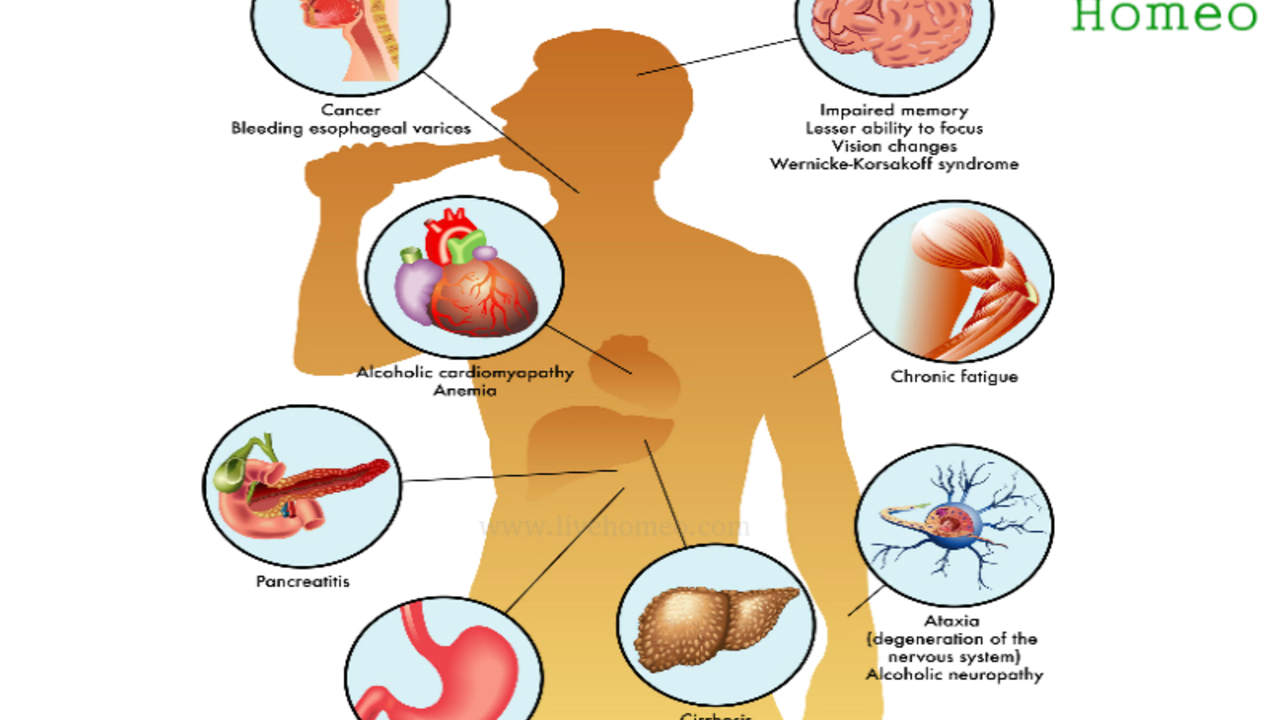Alcohol: How It Interacts with Medications and What to Watch For
Mixing alcohol with medicines can change how drugs work and raise the chance of side effects. Some combinations cause only mild sleepiness; others can land you in the emergency room. This page brings together practical, no-nonsense guidance so you can make safer choices when you drink and take medications.
Common dangerous mixes
Alcohol plus painkillers like acetaminophen raises the risk of liver damage. If you take acetaminophen regularly, avoid heavy drinking and ask your doctor about limits. Combining alcohol with NSAIDs (for example, mefenamic acid) increases stomach bleeding and ulcers—watch for black stools or severe stomach pain.
Mixing alcohol with sedatives, sleeping pills, or some antihistamines makes drowsiness and breathing problems far more likely. That includes many drugs for sleep, anxiety, and some anti-nausea medicines like promethazine (Phenergan). Even small amounts of alcohol can amplify sedation.
Some antibiotics and antifungals interact badly with alcohol or increase liver stress. Fluconazole (Diflucan) and metronidazole can make you feel sick if combined with alcohol or strain the liver—check package warnings and follow your prescriber’s advice.
Alcohol can also change how well heart and blood-pressure drugs work. It may lower blood pressure too much when combined with certain medications, or interfere with drugs that affect heart rhythm. People on anticoagulants (blood thinners) should know alcohol can change bleeding risk and affect dosing.
Practical tips to stay safe
Always read the leaflet. It lists main interactions and clear warnings. If you’re unsure, call a pharmacist—pharmacists can quickly tell you whether your medications clash with alcohol and what to watch for.
When starting a new prescription, skip alcohol for at least a few days so you can see how the drug affects you alone. For medications that stress the liver (like acetaminophen, some statins, or antifungals), consider avoiding alcohol while on the drug and for a recovery period after finishing it.
Watch for warning signs: extreme sleepiness, breathing problems, confusion, fainting, vomiting, black stools, yellowing skin, or severe stomach pain. Those need immediate medical attention. Keep emergency contacts handy if you share meds with others in the home.
If you order medicines online, use verified pharmacies and make sure any advice about alcohol is clear on the product page or leaflet. Our site covers safe online pharmacy tips and drug-specific articles—check those pages for detailed info on particular medications.
Small changes can prevent big problems. Ask a professional, limit drinking when on meds, and pay attention to your body. Drinking less and making informed choices keeps you healthier and safer while taking medicines.
Diverticulitis and Alcohol: Is There a Link?
In my recent research, I delved into the potential link between diverticulitis and alcohol consumption. It seems there might be a connection, as excessive alcohol intake can increase the risk of developing diverticulitis, a painful condition caused by inflammation of pouches in the colon. Alcohol may aggravate the condition due to its dehydrating effect, which can exacerbate constipation, a key trigger of diverticulitis. Cutting back on alcohol might help manage this condition. However, more research is needed to fully understand this correlation.
© 2026. All rights reserved.

